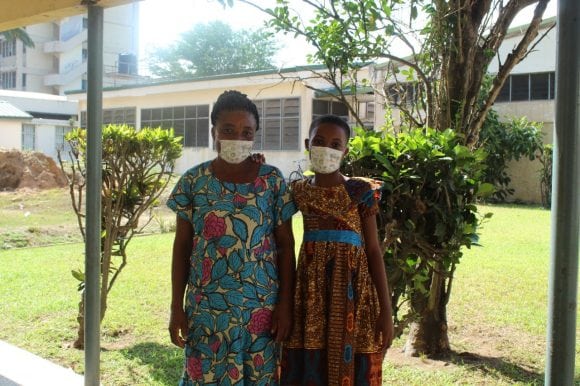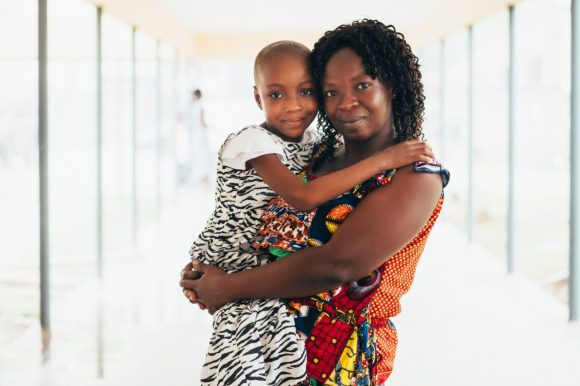Closing the pediatric cancer survival gap: A conversation with World Child Cancer
When an organization such as World Child Cancer receives support, it initiates a chain that touches numerous lives, potentially for generations.




